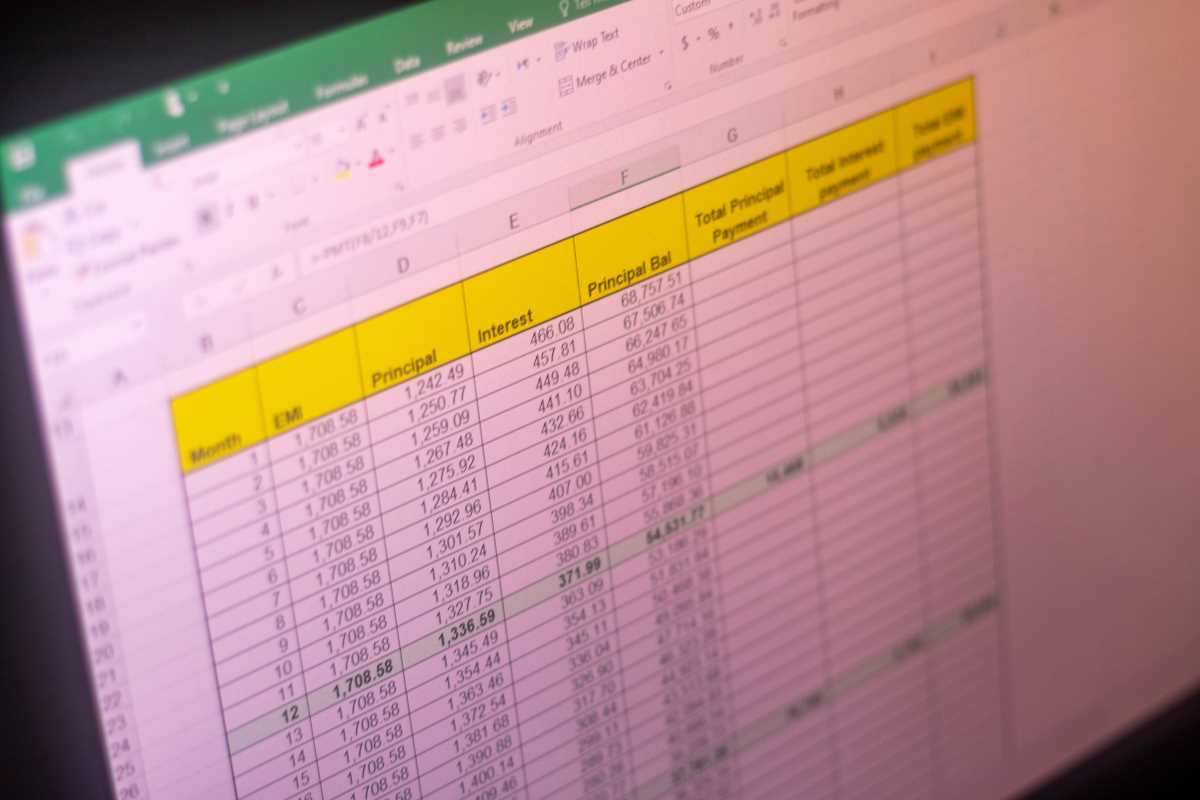Learning about data analytics is a smart move with so many career options available. If you’re aiming to land a new role, grow in your field, or simply want to understand how information can influence business, taking an online course is one of the most convenient ways to start. These programs make it possible to acquire practical experience and in-demand knowledge from your own home, at your own pace. We'll point out some great online courses for learning about data. You’ll find options for total beginners and for those looking for something more advanced. Along the way, you’ll see what each course covers and how to pick the best match for your objectives. By the end, you’ll be ready to take your first step into data analytics.
Why Learn Data Analytics?
A Growing Demand for Experts
Every type of company relies on reliable information. Across healthcare, finance, sports, and more, organizations seek to use facts and trends to make smarter choices. As a result, there are more jobs connected to interpreting and working with information than ever before.
According to the U.S. Bureau of Labor Statistics, jobs focusing on data science and analysis are expected to grow by 26% by 2030, making this a promising field to enter.
Transferable Skills
Skills in understanding and presenting results can help marketers track results, finance teams examine budgets, and business leaders decide on strategy. Knowing how to interpret information is useful in every line of work.
Top Online Platforms for Learning Data Skills
Not all classes are the same, so it’s important to pick a course that fits your experience level, schedule, and interests. Here are some standout options.
1. Coursera – Google Data Analytics Professional Certificate
Coursera works with big names in tech and education, offering well-structured courses. The Google Data Analytics Professional Certificate makes it simple for beginners to get started. This program includes multiple units on the basics, showing you how to collect, organize, and share information using tools like spreadsheets, SQL, and Tableau.
- Who it’s for: Beginners
- Duration: About six months at 10 hours a week
- Cost: $49/month (after a free trial); financial aid is available
Completing this series helps you create projects to share on your professional profile.
2. edX – Data Science MicroMasters from UC San Diego
edX provides access to college-level teachings through recognized universities. The Data Science MicroMasters program at UC San Diego touches on topics such as programming with R and Python and covers areas like machine learning and statistics.
- Who it’s for: Intermediate to advanced learners
- Duration: About seven months
- Cost: Approximately $1,350 for the entire set
This program can also count toward a master’s degree at select schools.
3. DataCamp – Data Analyst with Python Track
DataCamp specializes in coding and data topics. Their “Data Analyst with Python” track helps you learn how to use Python, manipulate information with pandas, and make clear visuals with matplotlib.
- Who it’s for: Learners wanting Python skills
- Duration: Three to six months
- Cost: $39/month
DataCamp uses a lot of interactive practice, so you get plenty of hands-on experience.
4. LinkedIn Learning – Learning Data Analytics
For those with a packed schedule, LinkedIn Learning’s introduction to analytics offers a speedy overview of the basics, including working with charts, graphs, Excel, and SQL.
- Who it’s for: Busy professionals and true beginners
- Duration: 2-3 hours
- Cost: $29.99/month or free for Premium trial users
Short and approachable, this class helps you decide if this is a direction you want to pursue.
5. Udemy – SQL for Data Analysts
If you’re new to coding but want to learn one of the key tools, Udemy’s “SQL for Data Analysts” provides focused training on working with information stored in databases.
- Who it’s for: Those eager to improve with SQL
- Duration: About 10 hours of content
- Cost: $19-$49 (often discounted)
Practice exercises help you pick up the essentials quickly.
6. MIT xPRO – Data Analytics for Business
Designed for managers and team leaders, MIT xPRO delivers a course that shows how to use evidence to solve challenges in retail, finance, healthcare, and beyond.
- Who it’s for: Business professionals with a non-technical background
- Duration: 10 weeks
- Cost: $2,300
Blending business expertise and analytics, this program is ideal for those leading projects or supervising teams.
How to Choose the Right Course
Faced with many choices, it’s easy to get stuck. Narrow things down with these steps:
Assess Your Goals
Ask yourself why you want to learn these skills. Is it for a new job, a leadership position, or personal growth? Course content can range from career-focused (like Google’s certificate) to managerial, like MIT xPRO.
Consider Your Learning Style
Some thrive from doing lots of practice exercises (think DataCamp), while others prefer listening to lectures (like on edX). Select what suits you best.
Look for Credential Value
If you need a certificate to boost your resume, go for courses hosted or certified by well-known organizations or universities.
Budget and Time Commitment
Factor in both the costs and how much time you have to dedicate. Shorter, less expensive options include LinkedIn Learning and Udemy, while more comprehensive, longer programs are available through edX and Coursera.
Tips for Success in Online Data Analytics Classes
Getting started is a great first step, but finishing strong takes a plan:
- Set a Schedule: Make a consistent weekly plan so studying becomes a habit.
- Do All Exercises: Practice is crucial. Don’t skip tasks because real learning happens by doing.
- Engage with Others: Join online forums, chat with peers, and share your work for feedback.
- Use Your Skills Right Away: Analyze a simple dataset, even one you find online, to reinforce lessons.
Online data courses are a flexible and accessible way to build a sought-after skill set. Foundational tracks like Google’s Professional Certificate on Coursera get you started, while programs like edX’s MicroMasters let you dig deeper. Choose one that matches your current situation and aspirations, commit to seeing it through, and watch your opportunities expand.
 (Image via
(Image via





